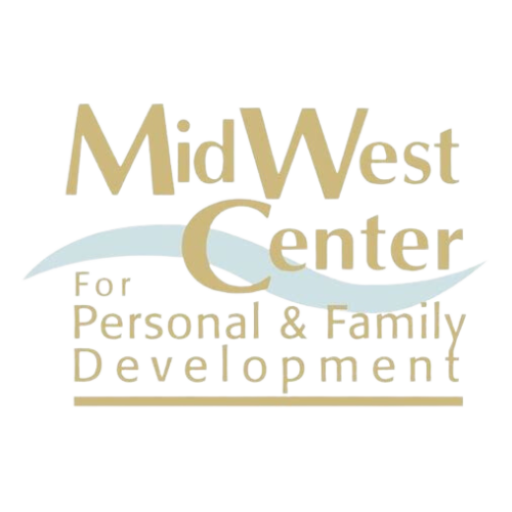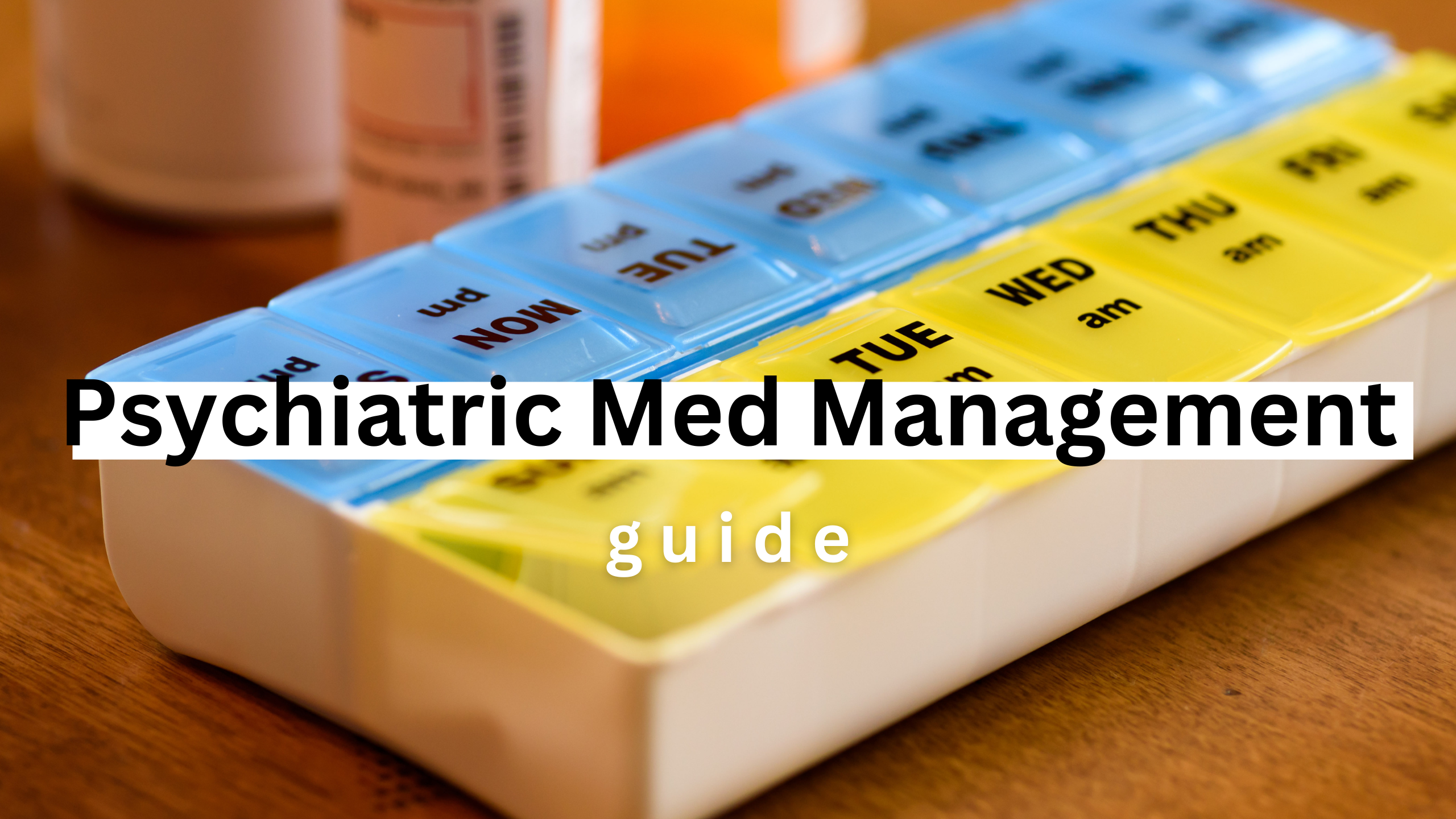Have you ever wondered how mental health professionals determine the right medication and dosage for their patients? In the world of mental health, psych med management plays a crucial role. In this article we will dive into its importance, methods, and impact.
By the end, you’ll have a clear understanding of what psych med management is and how it can significantly improve mental health outcomes.
What is Psychiatric Medication Management?
Psychiatric medication management, commonly referred to as psych med management, is the careful monitoring and adjustment of psychiatric medications.
It involves evaluating the effectiveness of medication, managing side effects, and ensuring that patients receive optimal therapeutic outcomes.

The Importance of Psych Med Management
Psych med management is vital for several reasons:
- Ensuring Effectiveness: It helps in determining if the medication is effective in treating the symptoms.
- Managing Side Effects: Side effects can be debilitating. Proper management helps in minimizing these.
- Preventing Interactions: It’s crucial in preventing harmful drug interactions, especially in patients taking multiple medications.
The Psych Med Management Process
Step 1: Initial Assessment
The process begins with a comprehensive evaluation of the patient’s mental health, medical history, and current medications.
Step 2: Ongoing Monitoring
Regular follow-ups are essential to assess the effectiveness and adjust dosages or medications as needed.
Step 3: Patient Education
Educating patients about their medications, including how to take them and potential side effects, is a critical component.
Psychiatric Medication Management in St. Paul
Expert Psychiatric Evaluation and Med Management Services

Challenges in Psych Med Management
Managing psychiatric medications is not without challenges. These include:
- Individual Responses: Each person’s response to medication can vary widely.
- Complex Regimens: Some patients require complex medication regimens that can be difficult to manage.
- Compliance Issues: Ensuring that patients adhere to their medication regimen is a continual challenge.
The approach to psychiatric medication management must be tailored to the unique needs of various populations. Each group presents distinct challenges and considerations.

Children and Adolescents
- Sensitivity to Medications: Younger patients often have different responses to psych meds compared to adults. They may be more sensitive to certain side effects.
- Developmental Considerations: As their brains and bodies are still developing, the long-term impacts of medications must be carefully considered.
- Dosage and Formulation: Dosages often need adjustment based on weight and age. Also, some medications may not be approved for use in children.
- Involvement of Caregivers: Treatment plans need to incorporate input from parents or guardians, including monitoring side effects and adherence to medication.
The Elderly
- Polypharmacy Risks: Older adults often take multiple medications, increasing the risk of drug interactions.
- Age-Related Changes: Metabolic changes and decreased organ function can affect how medications are processed in the body.
- Cognitive Impairment: Conditions like dementia can complicate medication management, as patients may forget to take their medications.
- Sensitivity to Side Effects: The elderly are often more susceptible to side effects, such as dizziness, which can increase the risk of falls.
Individuals with Co-existing Medical Conditions
- Drug Interactions: Patients with multiple health issues often require various medications, which can interact in complex ways.
- Comprehensive Assessment: It’s crucial to consider the entire spectrum of a patient’s health issues when managing psychiatric medications.
- Monitoring and Coordination: Regular monitoring and coordination with other healthcare providers are essential to manage potential complications.
- Patient Education: Educating patients about the importance of medication adherence and potential interactions with their other medications is vital.
Pregnant Women
- Risks to the Fetus: Certain psych meds can pose risks to the developing fetus, necessitating a careful evaluation of the risks and benefits.
- Changes During Pregnancy: Physiological changes during pregnancy can affect how medications are metabolized and may require dosage adjustments.
- Postpartum Considerations: Medication management may also need to be adjusted postpartum, particularly if the mother is breastfeeding.
Psych med management is a delicate yet crucial aspect of mental health treatment
It requires careful assessment, ongoing monitoring, and a deep understanding of psychiatric medications. By effectively managing these medications, healthcare providers can significantly improve the quality of life for those suffering from mental health disorders.
Get Psychiatric Medication Management Now
We have immediate openings. Schedule an appointment now.

